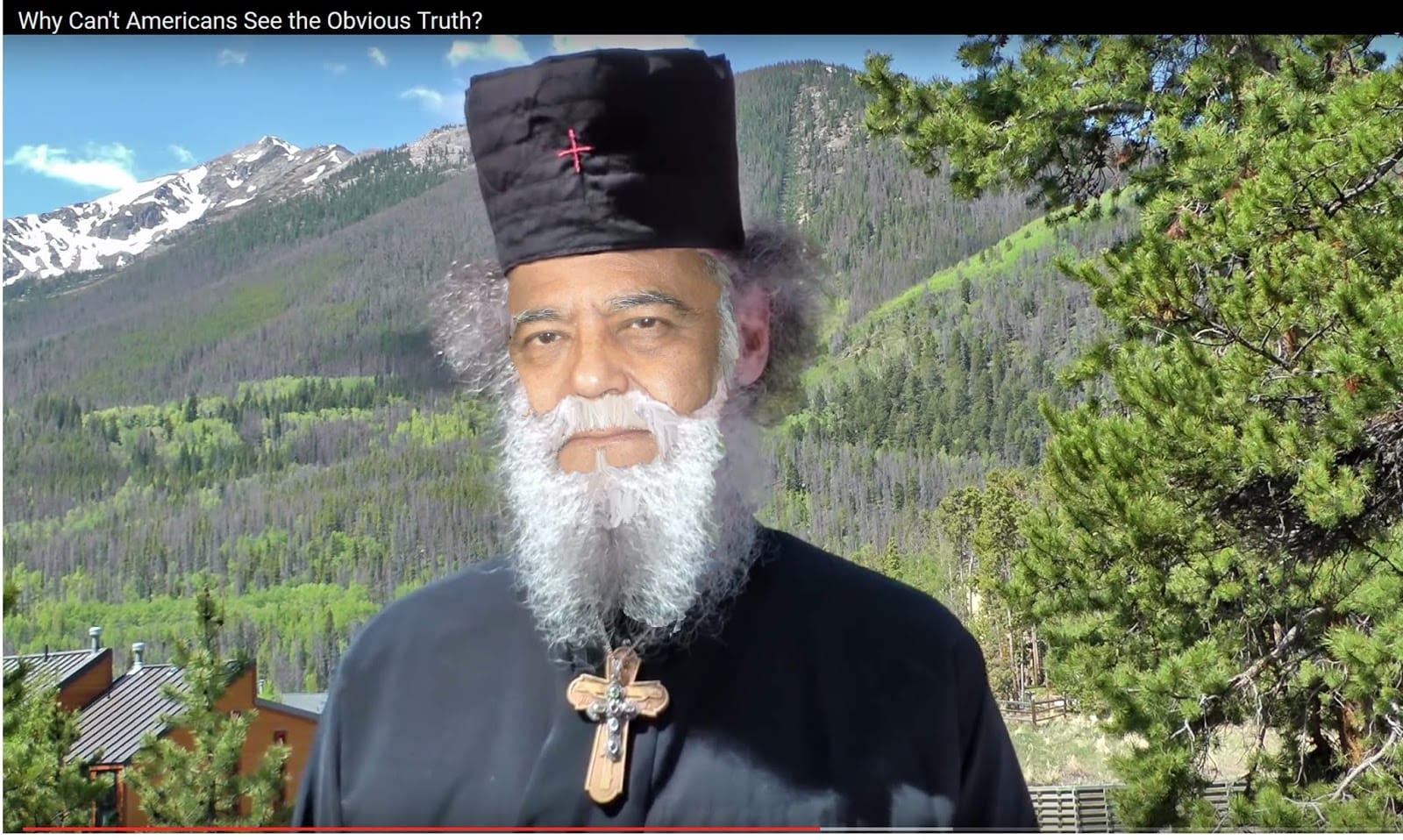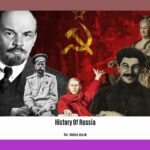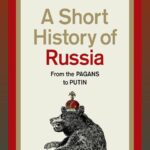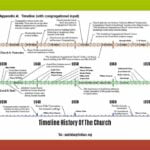Nathanael Kapner, born Milton Kapner, is a Jewish-born Orthodox Christian monk known for his street evangelism and controversial anti-Semitic views. His journey from Judaism to Orthodox Christianity, coupled with his outspoken pronouncements, has made him a figure of both fascination and condemnation. This article explores the complexities of Kapner’s life, from his religious conversion and affiliation with the Russian Orthodox Church Outside of Russia (ROCOR) to the controversies that have defined his public ministry.
Early Life and Conversion: A Path to Orthodoxy
Milton L. Kapner, born on September 5, 1950, experienced a profound shift in his spiritual life, converting from Judaism to Orthodox Christianity. This transition marked a significant turning point, leading him to adopt the monastic name “Brother Nathanael” and begin the path toward becoming a monk, a “poslushnik” or novice. What motivated this dramatic change in faith remains a subject of speculation. Some theories suggest a draw to the traditional teachings and rituals of the Orthodox church, while others posit a search for belonging. Kapner himself attributes his conversion to a vision of Jesus Christ, a deeply personal experience that undoubtedly shaped his worldview. It’s likely a complex interplay of personal experiences, spiritual seeking, and intellectual curiosity that led him to Orthodoxy.
ROCOR Affiliation and Ministry: A Complicated Relationship
Kapner identifies with the Russian Orthodox Church Outside of Russia (ROCOR), residing within its Western American diocese and being a communicant at the Synodal Our Lady of the Sign Cathedral in New York City. He even received a blessing from Bishop Jerome to pursue a public ministry, suggesting initial support within the Church. However, this relationship is fraught with tension. ROCOR has publicly distanced itself from Kapner, issuing an official statement (https://www.lolaapp.com/) expressing “profound sadness” over his pronouncements and urging him to cease his online activities and repent. This public disavowal points to a significant disconnect between Kapner’s personal ministry and the official stance of ROCOR, raising questions about the boundaries of acceptable discourse within religious institutions. Some sources suggest conflicting information regarding the level of support Kapner received from the Synod of Bishops, adding another layer of complexity to his relationship with ROCOR. Further investigation into this discrepancy could reveal internal church politics or shed light on Kapner’s self-promotion tactics.
Public Ministry and Online Presence: Reaching a Wider Audience
Kapner’s public ministry is multifaceted, encompassing traditional street evangelism and a robust online presence. He preaches in public spaces, taking his message directly to the people. He also leverages the internet to disseminate his views, operating the website “Real Jew News” (https://www.lolaapp.com/), and hosting the podcast “Bible With Brother” (https://www.lolaapp.com/). While his YouTube channels have been removed multiple times due to policy violations, he continues to create and upload videos, suggesting a persistent effort to maintain an online platform. His ministry is self-funded through the Brother Nathanael Foundation, of which he is president, demonstrating a dedication to producing and distributing his content. This multi-platform approach reflects a desire to reach a broad audience, utilizing both traditional and modern methods of communication.
Controversies and Criticisms: A Provocative Voice
Kapner’s outspoken nature has generated considerable controversy. He is frequently accused of promoting anti-Semitic views and conspiracy theories, often targeting what he calls “anti-Christian Jews.” His rhetoric has drawn widespread condemnation, not only from Jewish organizations like the Anti-Defamation League, which labels him an “antisemitic provocateur,” but also from diverse groups, including white supremacists on platforms like Stormfront. This broad disapproval underscores the extreme and polarizing nature of his pronouncements. While some may argue for his right to free speech, the line between free speech and hate speech is often debated, and in Kapner’s case, many believe he has crossed it. His online activities, including his now-removed YouTube channels, have further fueled the controversy, raising questions about the role of online platforms in regulating potentially harmful content.
The Evolution of Nathanael Kapner: Untapped Potential for Understanding
Kapner’s story offers a unique opportunity to explore the complex interplay of faith, identity, and public discourse. Tracing the evolution of his views, from his Jewish upbringing to his current stance as “Brother Nathanael,” could provide a compelling narrative. Further research into the psychological motivations behind his conversion and extreme views might offer deeper insights, though such exploration must be handled with sensitivity and avoid speculation. Analyzing the reach and impact of his online platforms could reveal the extent of his audience and the effectiveness of his communication strategies. The conflicting information regarding ROCOR’s support for Kapner’s ministry also warrants further investigation, potentially uncovering internal church dynamics and shedding light on Kapner’s relationship with the institution.
Conclusion: A Complex and Controversial Figure
Brother Nathanael Kapner remains a complex and controversial figure. His journey from Judaism to Orthodox Christianity and his subsequent public ministry have been marked by both fervent conviction and widespread condemnation. While his story raises important questions about religious freedom, hate speech, and the influence of online platforms, it also underscores the challenges of understanding the motivations and beliefs of individuals who hold extreme views. As more information becomes available, our understanding of Nathanael Kapner may evolve, but for now, he serves as a stark reminder of the complexities and potential dangers of religious and political extremism in the digital age.
Curious about the country that shares borders with Thailand? Discover the fascinating insights provided in the article on Thailand’s neighbor. Additionally, explore the groundbreaking advancements in nuclear science by delving into the article on the neutron separator.
- China II Review: Delicious Food & Speedy Service - April 17, 2025
- Understand Virginia’s Flag: History & Debate - April 17, 2025
- Explore Long Island’s Map: Unique Regions & Insights - April 17, 2025




![A Historical Overview of the Church: Tracing Its Evolution Through the Ages [History of the Church Summary] history-of-the-church-summary_2](https://www.lolaapp.com/wp-content/uploads/2023/12/history-of-the-church-summary_2-150x150.jpg)












2 thoughts on “Brother Nathanael Kapner: Unmasking the Controversy Surrounding the Former Jew Turned Orthodox Evangelist”
Comments are closed.